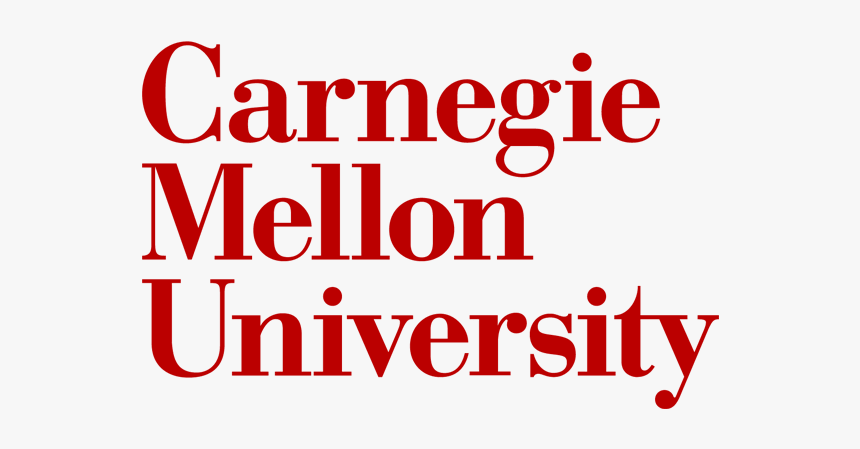Carnegie Mellon University Hosts Interdisciplinary AI Conference
The NSF AI Planning Institute for Data-Driven Discovery in Physics hosted the 2023 Biophysics and Quantitative Biology in the AI Era Workshop on Jan. 12-13. The workshop convened experts from around the world who are using artificial intelligence to advance research in biology and biophysics.
The NSF AI Planning Institute builds on Carnegie Mellon University’s long history of leadership and collaboration in physics, artificial intelligence, machine learning, statistics and data science. The institute’s workshops promote interdisciplinary collaboration and the creation of the next generation of scientists.
The workshop included four sessions over the two days: High Throughput Experimental Tools, Learning Models from Data, AI for Image Analysis, and Quantification of Behavior and Decision Making. Speakers and participants included an interdisciplinary mix of biologists, physicists and computer scientists.
“I’m very excited to see a large number of external and local participants and speakers in my session, with active communications and discussions,” said Min Xu, an assistant professor of computational biology in the School of Computer Science who organized the image analysis session of the conference. “This indicates that there is a very fast-growing community in biomedical imaging and image analysis, and a strong interest in combining imaging and artificial intelligence for quantitative biology and biophysics research.”
Other organizers included Mellon College of Science faculty Shiladitya Banerjee, an assistant professor of physics; Fangwei Si, an assistant professor of physics; and Eric Yttri, the Eberly Family Associate Professor of Biological Science.
Banerjee, a member of the NSF AI Planning Institute whose research focus is biophysics, was excited to gather speakers from a myriad of fields for one goal.
“One of the successes was that we were able to bring physicists, engineers, computational biologists, system biologists and theorists as well as experimentalists who work on various areas within biology, but they use AI and machine learning to solve problems,” Banerjee said. “The talks ranged from understanding animal behavior and decision making to single cell dynamics and image analysis, so we were able to bring together people from different communities so they can transfer knowledge from across different fields for better use of AI tools.”
Between the talks, researchers socialized over coffee and lunch. Yttri said he enjoyed the ability to talk to researchers within and outside of his field.
“It was fascinating to talk to all of the outside speakers that are asking very different questions and using very different models,” Yttri said. “Despite some people looking at proteins, RNA or neuroscience, the methods and thought processes we all use are remarkably similar.”
One of Yttri’s graduate students, Alex Hsu, spoke on his research, which uses artificial intelligence tools to analyze large amounts of data from neuroscience experiments. He participated in the session on Quantification of Behavior and Decision Making where he gave a presentation, “Behavioral classification for single and multiple agents.”
“It was a pleasure attending and discussing the common techniques used across neuroscience and biophysics,” Hsu said. “I was approached by Cincinnati Children’s Hospital researchers after my talk and discussed the potential of applying our algorithm on data from pediatric patients.”
The workshop was funded through a National Science Foundation grant. The NSF AI Planning Institute plans to present additional seminars throughout the rest of the year.

